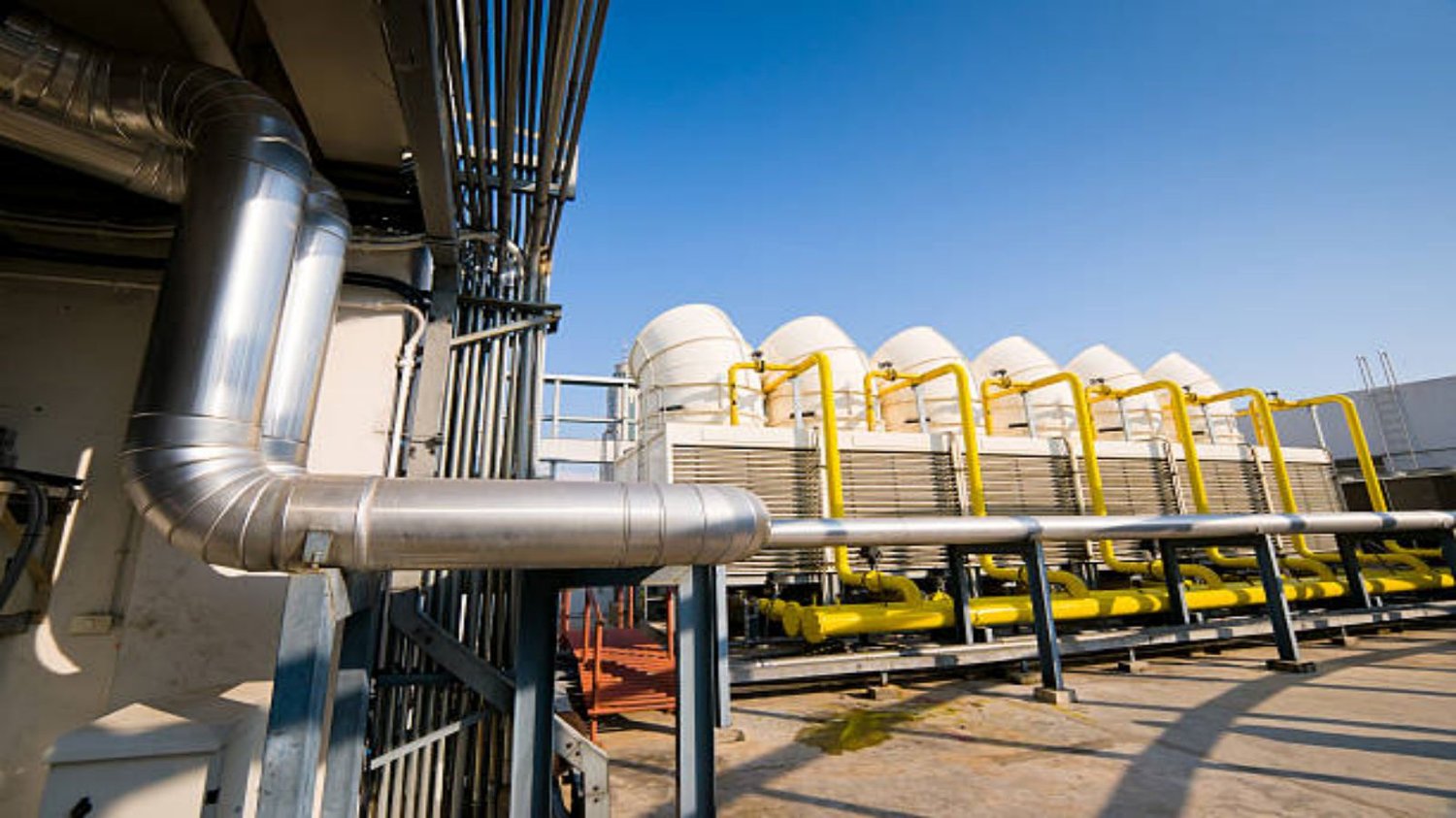Introduction
When it comes to cooling systems, chillers play a crucial role in various industries. They are used to remove heat from a liquid or air, making them an essential component in keeping equipment and processes running smoothly. In this article, we will explore the different types of chiller systems available in the market today. Understanding the unique features and benefits of each type will help you make an informed decision when it comes to selecting the right chiller for your specific needs.
Air-Cooled Chillers
Air-cooled chillers, as the name suggests, use air to remove heat from the refrigerant in the system. These chillers are commonly used in smaller applications where water availability or cost is a concern. The main advantage of air-cooled chillers is their simplicity and ease of installation. They are compact, require less maintenance, and do not need a cooling tower. However, they are generally less energy-efficient compared to water-cooled chillers, making them better suited for applications with lower heat removal requirements.
Water-Cooled Chillers
Water-cooled chillers, on the other hand, use water as a cooling medium to remove heat from the refrigerant. These chillers are typically used in large-scale applications where a significant amount of heat needs to be dissipated. Water-cooled chillers are more energy-efficient than air-cooled chillers, making them suitable for high-capacity cooling requirements. However, they require a constant water supply and a cooling tower, which adds to the installation and maintenance costs.
Screw Chillers
Screw chillers are a type of positive displacement compressor chiller that uses a screw compressor to cool the refrigerant. These chillers are known for their high cooling capacity and energy efficiency. They are commonly used in commercial buildings, data centers, and industrial processes that require a reliable and efficient cooling solution.
Centrifugal Chillers
Centrifugal chillers are another type of positive displacement compressor chiller, but instead of a screw compressor, they use a centrifugal compressor. These chillers are known for their high cooling capacity and are often used in large-scale industrial applications. Centrifugal chillers are highly efficient and offer excellent temperature control, making them suitable for critical cooling requirements.
Scroll Chillers
Scroll chillers utilize scroll compressors to cool the refrigerant. These chillers are known for their quiet operation and compact design, making them ideal for small to medium-sized applications. Scroll chillers are widely used in residential and commercial buildings, as well as in the food and beverage industry.
Absorption Chillers
Absorption chillers use heat energy, such as steam or hot water, to drive the cooling process. These chillers are often used in applications where waste heat or low-cost heat sources are available. Absorption chillers are more energy-efficient than traditional chillers and are commonly found in industries such as chemical, pharmaceutical, and district cooling systems.
Adsorption Chillers
Similar to absorption chillers, adsorption chillers use heat energy to drive the cooling process. However, instead of using a liquid absorbent, they use solid adsorbents such as silica gel or zeolite. Adsorption chillers are primarily used in applications where waste heat or low-cost heat sources are available, and they offer high energy efficiency and low maintenance requirements.
Reciprocating Chillers
Reciprocating chillers use a reciprocating compressor to cool the refrigerant. These chillers are commonly used in small to medium-sized applications where precise temperature control is required. Reciprocating chillers are known for their reliability and durability, making them suitable for various industries, including pharmaceuticals, laboratories, and research facilities.
Portable Chillers
Portable chillers are compact and mobile units that can be easily moved from one location to another. These chillers are commonly used in temporary or remote applications, such as construction sites or events. Portable chillers offer flexibility and convenience, allowing for quick and easy cooling solutions in various settings.
Conclusion
Understanding the different types of chiller systems available is essential in selecting the right cooling solution for your specific needs. Whether you require a compact air-cooled chiller for a small application or a high-capacity water-cooled chiller for an industrial process, there is a wide range of options to choose from. Consider factors such as cooling capacity, energy efficiency, installation requirements, and maintenance costs to make an informed decision. By selecting the right type of chiller, you can ensure optimal cooling performance and efficiency in your operations.
